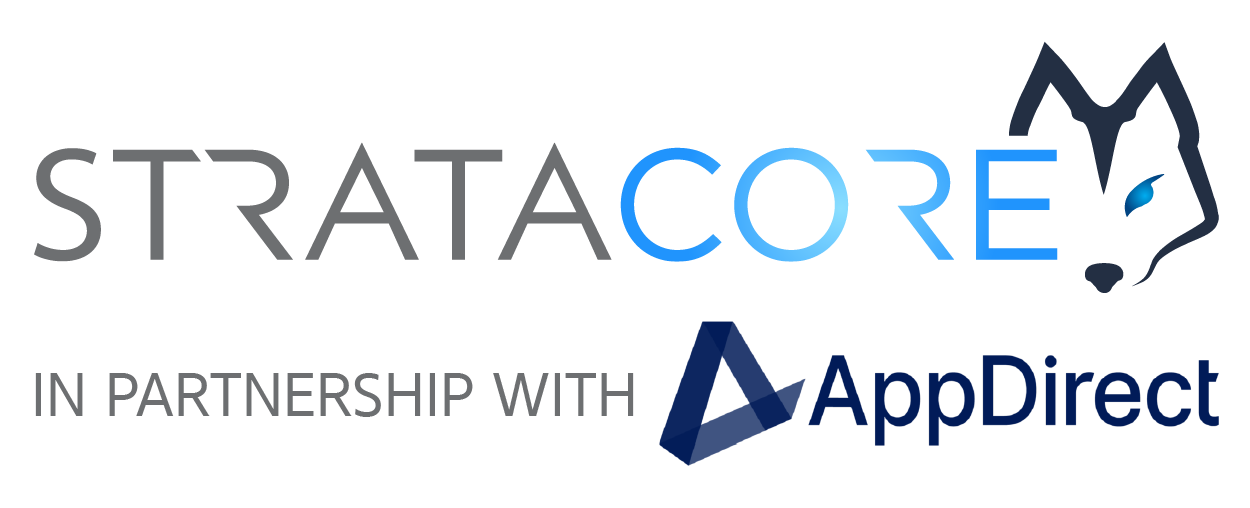Blockchain is one of the most ingenious inventions of the last decade. The underpinning technology for digital currencies, blockchain is a methodology for enabling, recording and reconciling transactions across a completely transparent, ultra-secure distributed digital ledger. While its origins are rooted in the world of finance, blockchain technology has the potential to revolutionize the way we conduct business in industries ranging from healthcare to shipping and more.
According to a new report by analyst firm IDC, enterprises are recognizing the bright future blockchain has to offer by doubling down on their investments, expected to reach $2.1 billion this year. In 2017, we saw a number of proof of concept blockchain deployments in enterprise settings and over a dozen related patent applications from companies such as Amazon, Boeing and IBM. Since the early adoption of any technology is usually expensive, it’s not surprising that the list of companies incorporating blockchain today include Airbus, Visa, Walmart and Western Union – all titans in their respective industries.
If you’d like to explore blockchain applications but haven’t pulled the trigger because of complexity or cost concerns, Blockchain-as-a-Service (BaaS) might be the answer. This new model aims to disrupt the current – and expensive – pattern of in-house blockchain R&D by lowering the cost barrier for entry. It replaces the proprietary blockchain concept with a platform created by a third party – such as IBM, Amazon, etc. – enabling the enterprise to simply pay a usage fee. This can offer a significantly lower investment cost.
BaaS doesn’t come without challenges, though, ranging from network choices to obtaining buy-in from all necessary users. For the most part, these can be addressed by coupling outsourced management talent with the BaaS selection process. Let’s take a look at two common issues, and how BaaS paired with an experienced consultant can help:
- Lack of available talent. Often, the first roadblock to exploring blockchain in the enterprise is the dearth of experienced developers available for hire. Blockchain is relatively new, so experienced developers are scarce. Even if you’re able to find one, can you afford to hire him or her? BaaS solves this problem by replacing a developer with an already existing platform. And if it requires custom modifications to suit your needs, the vendor and a consultant are the answers.
- Public, private or hybrid? Before beginning the selection process for an appropriate BaaS, each enterprise must determine its unique needs. For example, should the solution operate on the public cloud, a private network or in a hybrid environment? In public ledgers, the ledger must be accessible to thousands of users who will validate each transaction by consensus before it can be recorded. This might not work well in the enterprise setting, where data and transactions may need to be visible to just a subset of users, not the entire network. In this case, a private or permissioned ledger would present a better solution. Or, perhaps the best BaaS platform is a combination of the two. At this point, instead of becoming overwhelmed by the selection process, the enterprise can use an experienced consultant to lay options side-by-side and help identify the best solution on a faster timeline.




